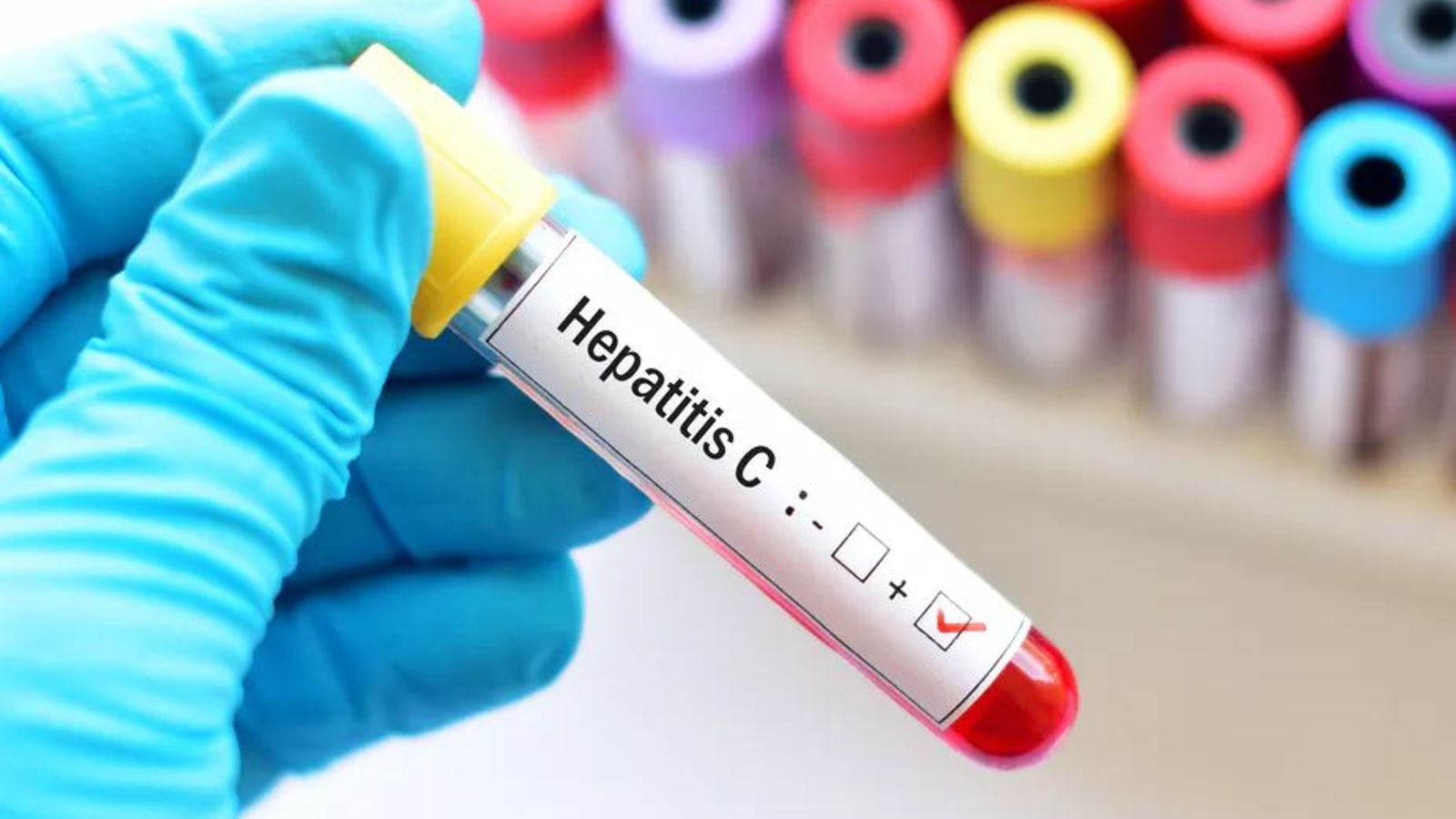Tanzania has taken a major step in the fight against hepatitis, announcing that testing, treatment, and vaccination for the disease will now be provided free of charge to all citizens.
The declaration was made during the country’s national observance of World Hepatitis Day, which is held each year on July 28 to raise awareness of viral hepatitis around the globe.
The announcement was delivered at a public gathering in Ruvuma Region, where the Health Minister underscored the government’s commitment to reaching universal access to hepatitis care. “This is not just a policy shift—it’s a promise to protect the lives of millions,” she told the crowd.
Hepatitis—particularly Hepatitis B and Hepatitis C—can silently attack the liver for years before symptoms appear. By then, many patients face serious complications such as cirrhosis or liver cancer.
It’s estimated that up to 8% of Tanzanians may be infected with a form of hepatitis, many of them unknowingly. The virus can be spread through contaminated needles, unprotected sex, or from mother to child during childbirth.
Before the announcement, hepatitis treatment costs were often out of reach for ordinary Tanzanians—forcing many to live without knowing their status or access to care. Now, with the cost barrier removed, the government hopes to encourage more citizens to get tested and treated early.
Tanzania has been vaccinating infants against Hepatitis B since 2002 through its Expanded Programme on Immunization (EPI), but many adults born before that date remain vulnerable. Under the new directive, catch-up vaccinations will be offered to both children and adults who missed earlier doses.
The country’s hepatitis strategy is now part of a broader health reform, which also includes integrating hepatitis care with existing HIV and STI programmes—an approach backed by the World Health Organization (WHO) and outlined in the Global Health Sector Strategy on Viral Hepatitis.
Also Read; Sudan’s RSF Declares Rival Government in Darfur
Health workers in regions such as Mbeya, Dodoma, and Mwanza say the response has been immediate. Clinics are reporting a surge in the number of people seeking hepatitis testing just days after the announcement.
“This is the kind of policy that saves lives,” said a nurse in Arusha, who welcomed the news as “a breakthrough for low-income patients.”
Many people, especially those in rural areas, have long been left behind due to the lack of diagnostic services and expensive medication. The Health Ministry now plans to scale up awareness campaigns, community screenings, and outreach in remote regions.
The move aligns with the WHO’s global goal to eliminate viral hepatitis as a public health threat by 2030. According to the Global Hepatitis Report, more than 300 million people worldwide live with hepatitis, and many remain unaware of their infection.
Tanzania has also developed its own National Strategic Plan for Viral Hepatitis, which outlines efforts to increase awareness, improve lab systems, train health workers, and strengthen monitoring.
Experts say the decision to offer free hepatitis care is not just about health—it’s about equity, human dignity, and the country’s long-term resilience.







